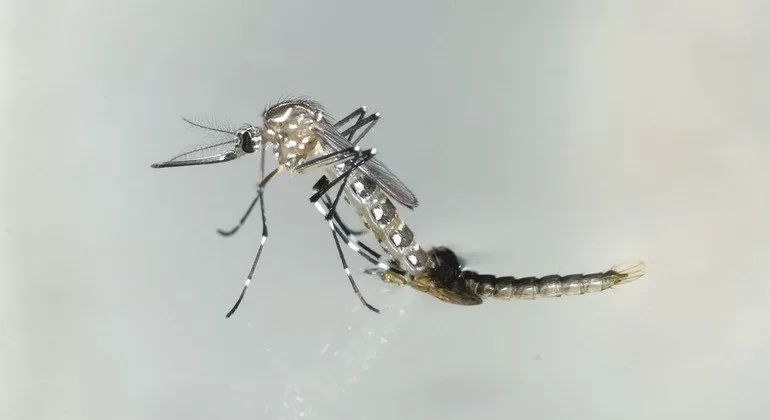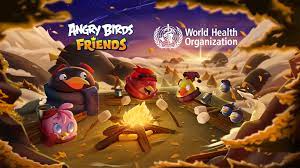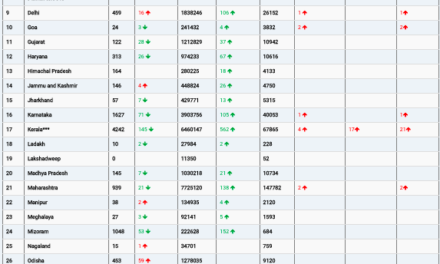Rising temperatures, unprecedented floods, and challenges in public health infrastructure are all contributing to the escalating burden of dengue in India, experts cautioned on Wednesday, ahead of National Dengue Day.
National Dengue Day, observed annually on May 16, aims to raise awareness about dengue prevention and control measures. This year’s theme, ‘Dengue Prevention: Our Responsibility for a Safer Tomorrow,’ underscores the urgent need for collective action to combat the spread of this vector-borne disease.
Dengue, transmitted through the bite of an infected mosquito, poses a significant public health challenge in India, endemic to more than 100 countries worldwide.
Dr. Rohit Kumar Garg, Consultant at the Department of Infectious Diseases, Amrita Hospital, Faridabad, highlighted the role of climate in the widespread prevalence of dengue in India. “The region’s warm and humid climate provides an ideal breeding ground for Aedes mosquitoes, the primary vector for dengue virus transmission,” Dr. Garg stated.
He emphasized that factors such as urbanization and population density exacerbate the rapid spread of the virus, underscoring the need for robust public health infrastructure to manage outbreaks effectively.
According to experts, the transmission of dengue is intricately linked to environmental factors such as rainfall, humidity, and temperature. Dr. Divya Gopal, Internal Medicine specialist at Sir HN Reliance Hospital and Research Centre, highlighted the impact of unpredictable rains and inadequate drainage systems in creating stagnant water pockets ideal for mosquito breeding.
“Rising temperatures and unprecedented flooding have expanded the habitat of mosquitoes, bringing dengue fever to areas previously unaffected by such diseases,” Dr. Gopal noted.
Despite these challenges, progress has been made in controlling dengue transmission in India, primarily through effective vector control strategies. Data from the Health Ministry’s National Vector Borne Disease Control Programme (NVBDCP) revealed a decline in dengue cases and fatalities in recent years.
In 2023, dengue affected 94,198 people and claimed 91 lives in India, marking a significant decrease from 2021 when 1,93,245 cases and 346 deaths were reported. However, there was a slight increase in fatalities in 2022, with 303 deaths despite a decrease in cases.
The development of dengue vaccines offers hope for further reducing the incidence of the disease. The World Health Organization (WHO) has prequalified two dengue vaccines, Takeda’s live-attenuated TAK-003 and Sanofi Pasteur’s CYD-TDV, which could complement existing prevention efforts.
“Effective control of dengue requires a multi-faceted approach, including vaccination, vector control, public awareness, and surveillance systems,” Dr. Garg emphasized. “By addressing these challenges collectively, we can mitigate the impact of dengue and safeguard public health in India.”
As National Dengue Day is observed, stakeholders across India are urged to renew their commitment to dengue prevention and control, recognizing it as a shared responsibility for a safer future.











